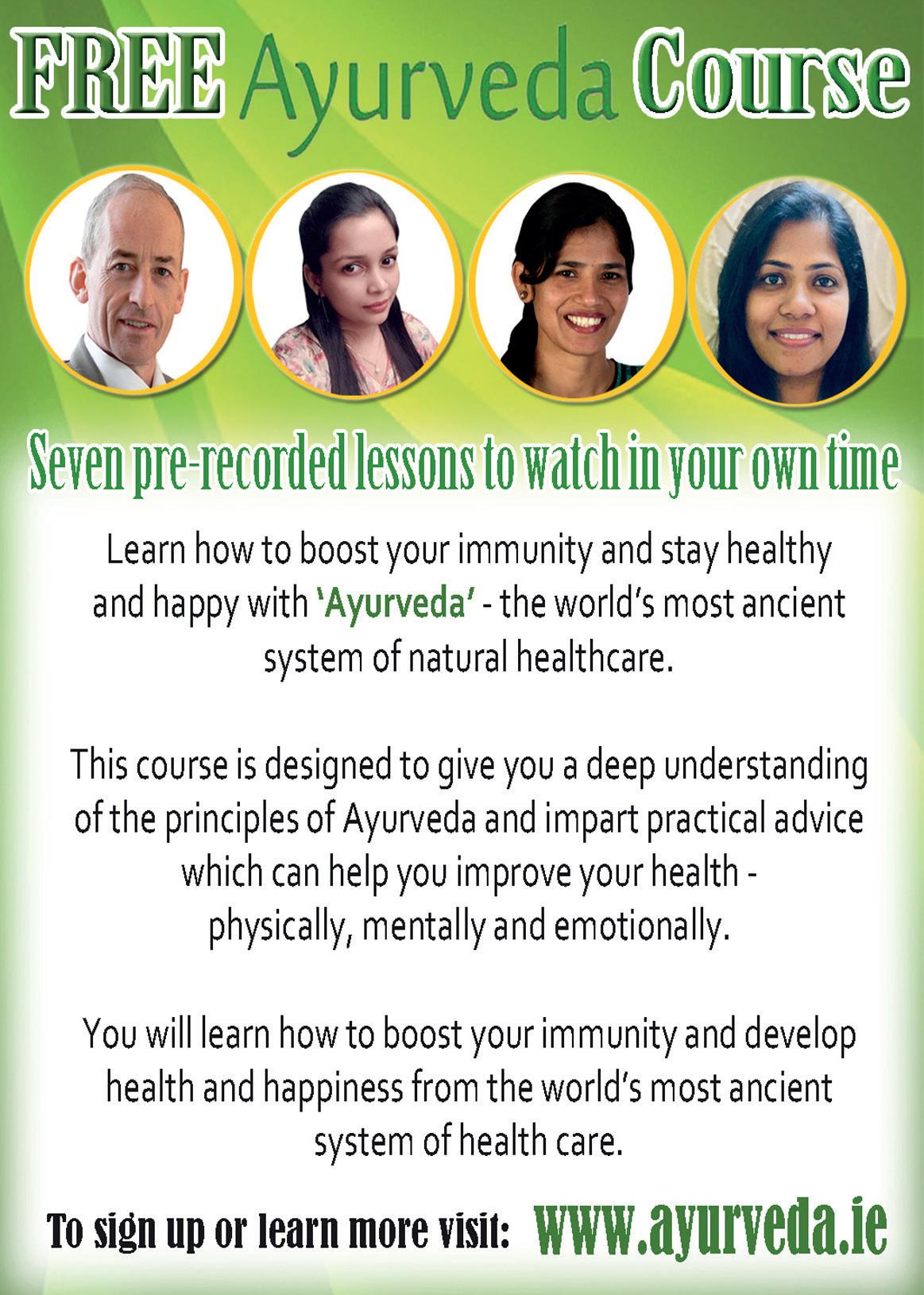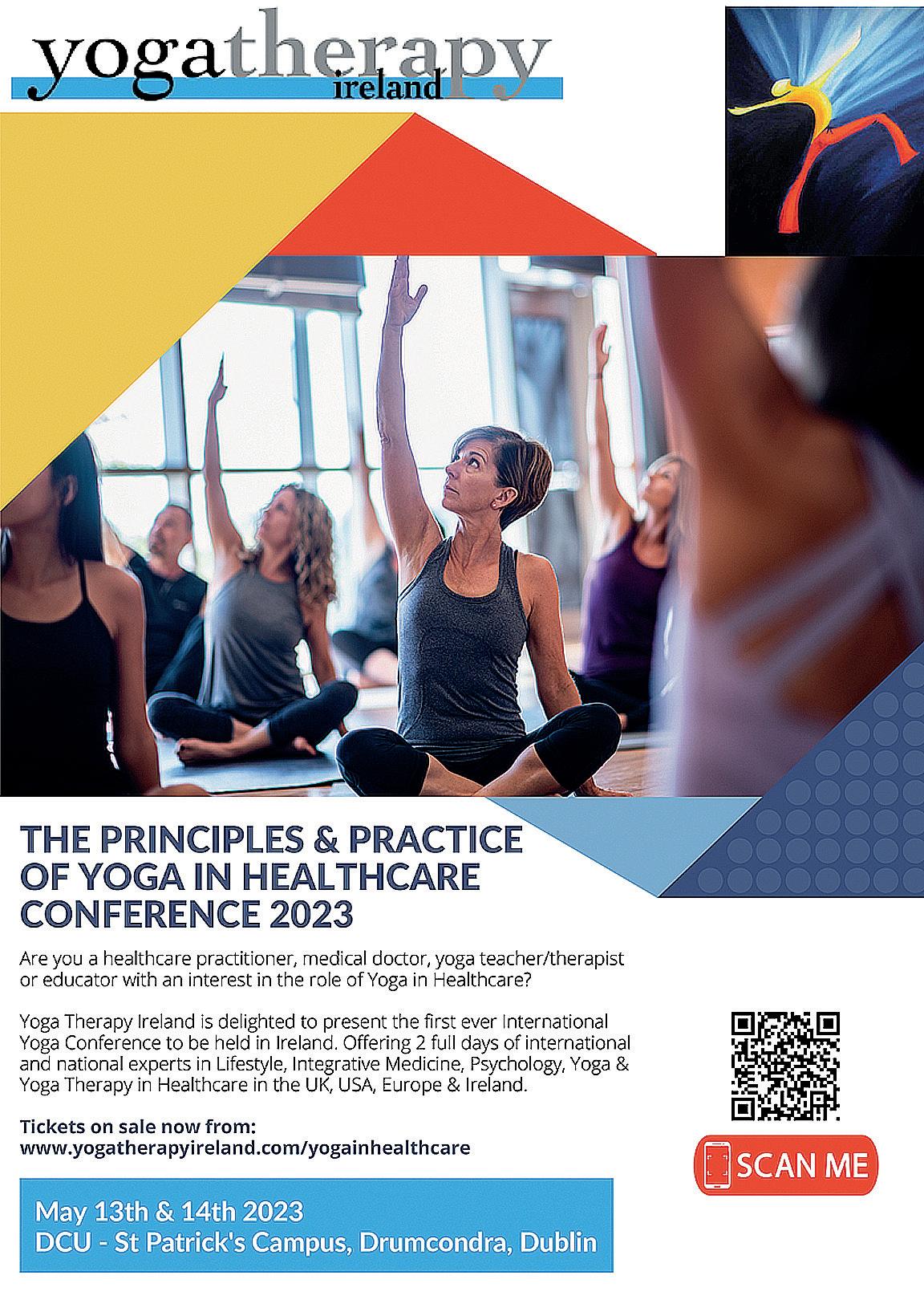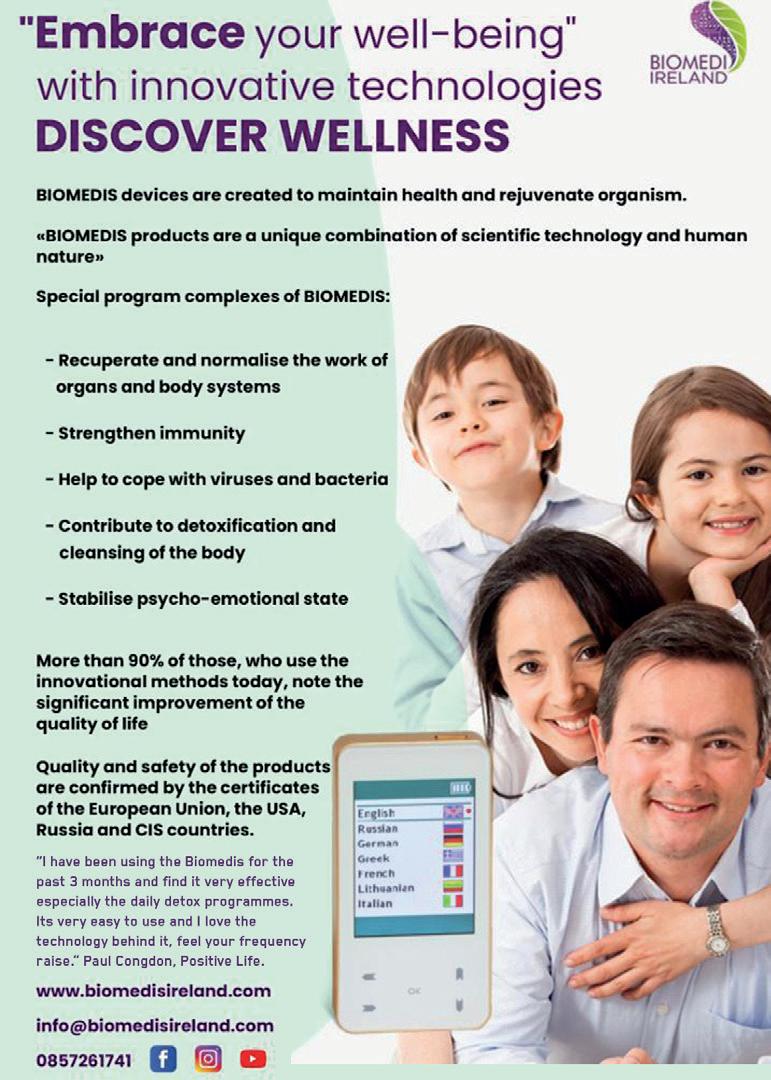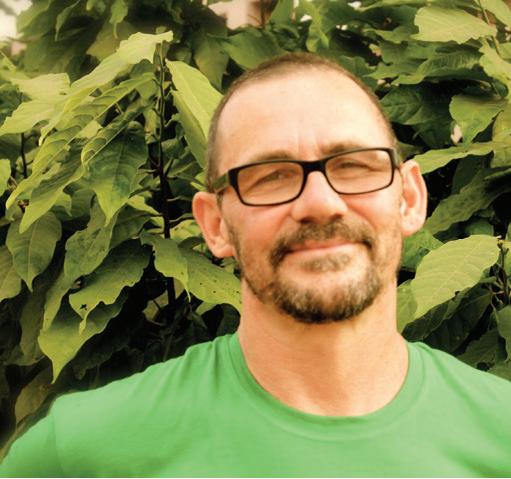
2 minute read
freedom within ecological limits
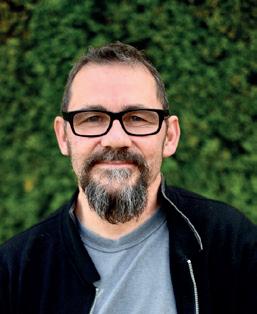
WHAT IT TRULY MEANS TO BE FREE.
Advertisement
by Davie Philip
“… We wanna be free, we wanna be free to do what we wanna do And we wanna get loaded and we wanna have a good time…” Primal Scream, Loaded
We all have a desire to be free and do whatever we want to do. Generally, we have had higher levels of freedom in comparison to many individuals and communities around the world. We’re still relatively free to think and speak our minds, to choose our own path in life, to associate with anyone and most importantly, to consume.
In one lifetime, the economy, globalised, freed from social and planetary constraints and supercharged on fossil fuels, has allowed us to literally party like there is no tomorrow. The freedom to consume has loaded the atmosphere and the seas with our pollution and has encroached on and destroyed the natural world, making a minority of the planet’s population obscenely powerful and rich in the process.
The freedom to live in certain regions of the planet and grow certain crops is already at risk. With social and economic disruptions set to increase, we are facing a very unstable world with poor prospects for freedom for many.
Freedom is a complex concept; generally, it’s perceived as the ability to think or act as we choose without interference or oppression from others. Although not universally withheld, these rights have been safeguarded under the Universal Declaration of Human Rights since 1948. While human rights are important for protecting the freedom and well-being of individuals, we must also recognise the rights of nature and the earth. The planet and all living things on it have the right to exist and thrive just as we do and not just be seen as a resource for human use but as a living system with its own inherent value. Something we are not separate from and utterly dependent on.
The ultimate freedom and, according to many, the only way to really address the wicked and bigger-than-self problems we face, is the freedom from our ego. This part of our psyche drives our needs, desires and wants, and shapes our sense of self and personal identity. The ego also creates much of the fear we experience as a defence mechanism to try and hold onto a sense of control and power. The design of our global systems reflects this pattern.
Overcoming the ego leads to a deeper sense of interconnectedness, a freedom from fear and a greater sense of accountability and responsibility. We are better able to cooperate, think and plan more holistically, and focus on the present and the long-term future.
With the understanding that our personal desires and motivations are not the only ones that matter, we can act with compassion and empathy, recognising that our actions have an impact on the world and the people around us now and in the future.
True freedom is found within ourselves; it helps us strengthen our resilience and make choices that prioritise the well-being of all over our own selfinterests. In order to ensure freedom for all, we must not only recognise the limitations of our own egos but also the ecological limits of our planet.
